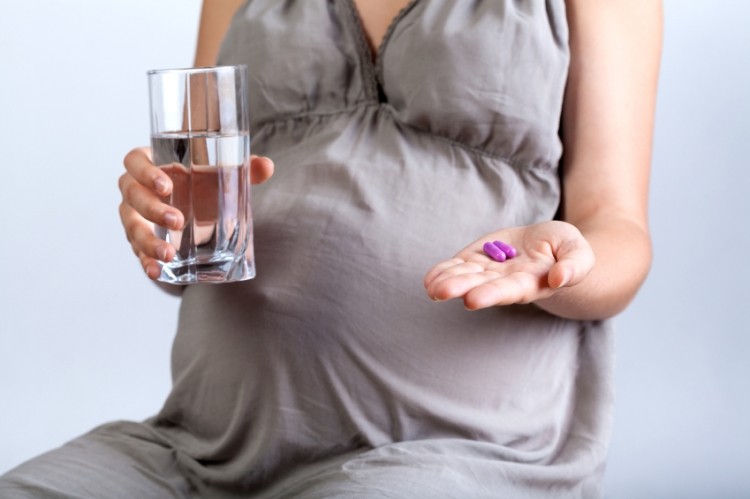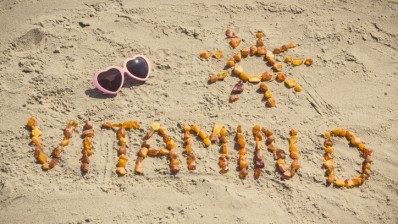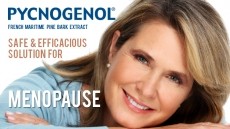Pre-eclampsia and supplementation: Insufficient evidence that vitamin D reduces risk

Hypertensive disorders of pregnancy, including gestational hypertension, pre-eclampsia and eclampsia, are among the major complications that account for approximately 14% of maternal mortality.
But a new systematic review, published in the journal BMC Pregnancy and Childbirth, found that vitamin D supplementation during pregnancy did not lead to a statistically significant reduction in cases of pre-eclampsia.
However, it did find consistent evidence of an association between low vitamin D concentration and the overall risk of pregnancy-induced hypertension.
Therefore, academics are calling for further studies to assess the mechanisms and interactions which drive vitamin D status, response, and the onset of pre-eclampsia to inform population-specific dose recommendations.
The study, led by academics from Cornell University, wrote: “Several case-control studies and cross-sectional studies have shown an association between vitamin D status and pre-eclampsia, although evidence has been inconsistent. Clinical trials to date have been unable to show an independent effect of vitamin D supplementation in preventing pre-eclampsia.”
They came to this conclusion after assessing three cross-sectional studies, 20 case control studies, two retrospective cohort studies, six prospective cohort studies and two randomised controlled trials.
They decided to evaluate the evidence because vitamin D is known to have anti-inflammatory properties.
While several studies supported a link between vitamin D deficiency during pregnancy and the risk of pre-eclampsia, the impact of vitamin D supplementation was unclear.
“RCTs reviewed in this article were not able to study vitamin D supplementation independently of calcium and / or other multivitamin / micronutrient supplementation,” stated the researchers.
Clinical considerations
“In a Cochrane review of vitamin D supplementation for women during pregnancy, women who received vitamin D and calcium supplementation had a lower risk of pre-eclampsia than those not receiving any intervention, yet an increased risk for preterm birth.
“In trials with an intervention of vitamin D without calcium, women who received vitamin D supplements had a statistically non-significant lower risk of pre-eclampsia than those receiving no intervention or placebo.”
The researchers added that there were important clinical considerations that necessitated the need for further research on the topic.
For example, there is currently limited data on what might be the most effective dose and most beneficial timing, if any, of vitamin D supplementation to prevent pre-eclampsia while avoiding toxicity.
The doses of vitamin D supplements in the studies reviewed ranged from 400IU to 2500 IU daily.
The researchers concluded: “There is consistent evidence of an association between low vitamin D concentrations and adverse outcomes. (But) at this time, our understanding of an ideal supplementation dose of vitamin D to reduce pregnancy-induced hypertension remains incomplete. Future studies should include follow-up from the pre-conception period until delivery to elucidate the mechanisms and interactions which drive vitamin D status.”
Source: BMC Pregnancy and Childbirth
https://doi.org/10.1186/s12884-017-1408-3
“The role of vitamin D in pre-eclampsia: a systematic review”
Authors: Juhi M. Purswani, et al.



















